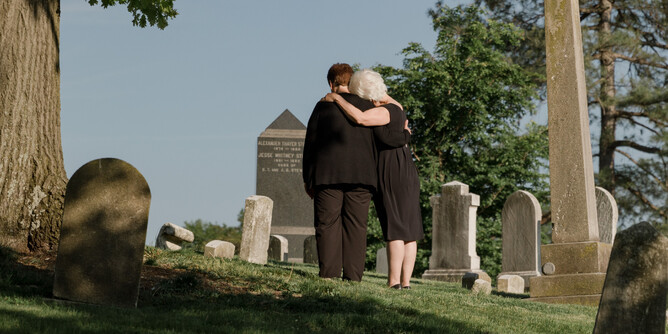Losing a loved one is such a difficult time and it can be extremely overwhelming. When there is no Will, it can cause even more stress. In this blog, we look at what happens when there is no Will.
In the instance of someone passing away without a Will, the legal term is called intestacy. What happens next depends on how much they have.
Small Estates – Less than $15,000 in assets (per institution)
If the person who has passed has less than $15,000 from each institution (such as savings, shares, Kiwisaver), and there is no larger asset such as a property, then this is called a small estate. In this case, their estate can be dealt with by their next of kin. This includes collecting assets and paying debts, as well as distributing left over assets (such as cash).
Estates – More than $15,000 in assets or Property
If assets are worth more than $15,000 or there is property, the law requires formal administration of the estate. In this case, certain processes must be followed for managing and distributing the person’s estate.
Settling an estate without a Will
First, you must decide who will be the estate administrator. This role is similar to the executor when there is a Will. It is a big responsibility and can be a close relative or a trustee corporation.
The administrator is responsible for things such as closing accounts, filing tax returns, selling property, dealing with the debts and distributing the estate. It’s similar to the role of executor when there is a Will.
Obtaining Court authority to act as the administrator of the estate
Whether you choose to be administrator or have a trustee corporation act for you, the chosen person will need to apply for legal authority to do the role. An application must be filed to the High Court, so that letters of administration can be granted, giving authority to administer the estate.
Letters of Administration
To get letters of administration, the court must see:
There is agreement on who the administrator is, and the administrator has consent to act from all those who had the same level of relationship with the deceased (such as the administrator’s siblings) or a closer relationship (such as the deceased’s partner) and who have a right to apply for Letters of Administration.
Steps have been taken to find a Will. This might include advertising for someone to come forward with the Will or contacting professionals that may have the Will.
There is proof of the relationships of the deceased’s family showing that all children have been accounted for in the format required by the Courts.
Administering and distributing the estate
After letters of administration are received, the administrator must first sort out the paperwork, close accounts, pay off debt, pay tax etc.
Then distribution of assets is determined by law when there is no Will. In New Zealand, some de facto relationships and civil union partnerships are recognised as equal to marriage, for the purposes of estate distribution.
Without a Will, a person’s assets will be distributed according to their family circumstances. If there is no Will, it can take anywhere from 6 – 24 months from the person’s death to the closing of the estate, or longer if next of kin cannot be confirmed or located.
It is better to have a Will than leave it to chance
Don’t leave your loved ones guessing. It is much easier and straight forward, and also less stressful for those left behind, if a Will is already in place. We can help you with:
Drafting Wills
Estate administration
Obtaining probate
Letters of administration




